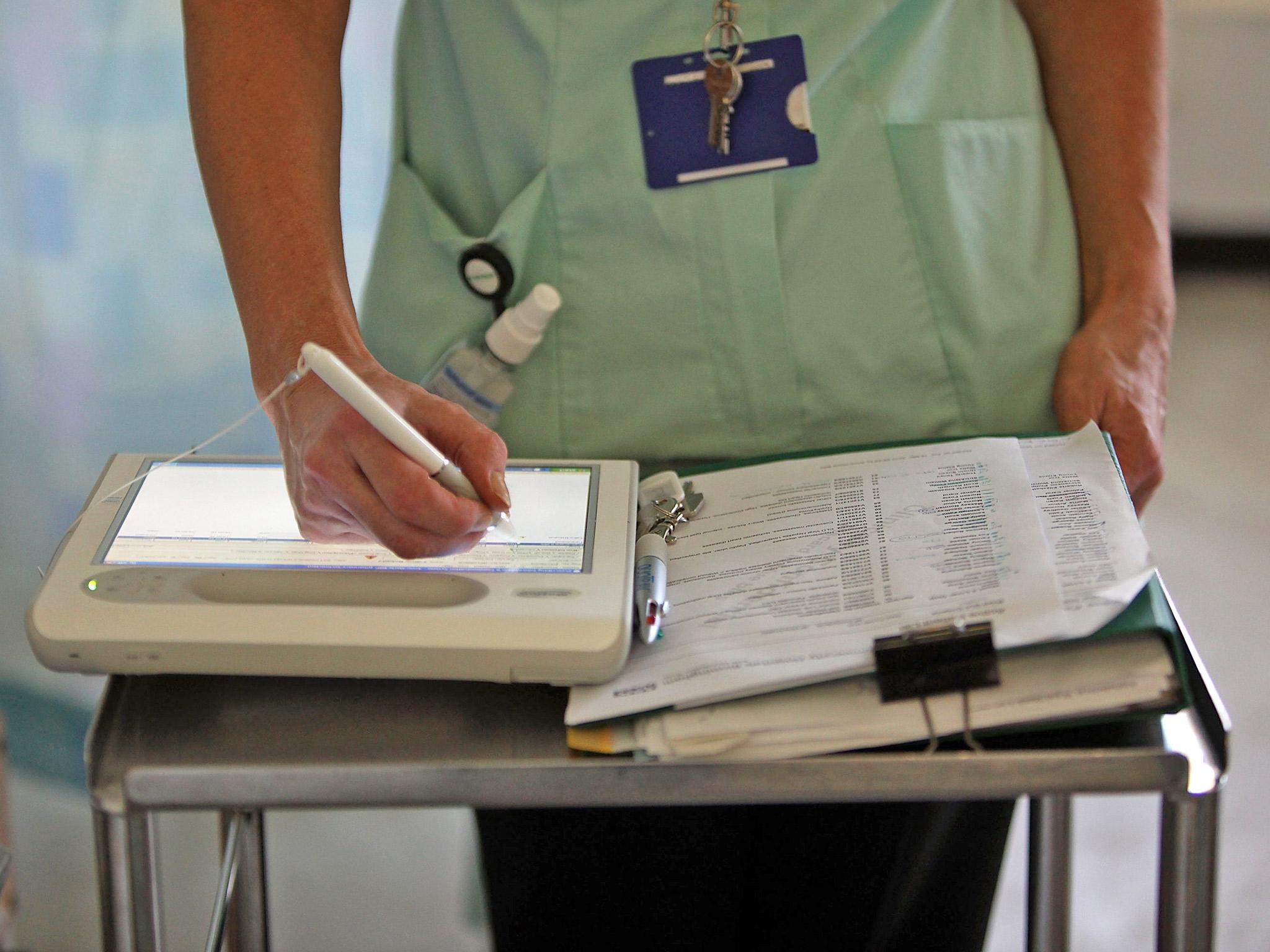Hundreds of NHS staff and patients referred to controversial counter-terrorism programme
The Government’s Prevent scheme requires all public bodies to report people they believe to be at risk of radicalisation

Your support helps us to tell the story
From reproductive rights to climate change to Big Tech, The Independent is on the ground when the story is developing. Whether it's investigating the financials of Elon Musk's pro-Trump PAC or producing our latest documentary, 'The A Word', which shines a light on the American women fighting for reproductive rights, we know how important it is to parse out the facts from the messaging.
At such a critical moment in US history, we need reporters on the ground. Your donation allows us to keep sending journalists to speak to both sides of the story.
The Independent is trusted by Americans across the entire political spectrum. And unlike many other quality news outlets, we choose not to lock Americans out of our reporting and analysis with paywalls. We believe quality journalism should be available to everyone, paid for by those who can afford it.
Your support makes all the difference.The NHS has referred hundreds of its patients and staff to the police under a controversial anti-terrorism programme.
Since July 2015, the Government’s Prevent scheme has required all public bodies to report people they believe to be at risk of radicalisation.
In the year since it was introduced, 420 people were referred to the scheme by the NHS over fears they could be vulnerable to extremism, reported BBC Radio 5 Live.
The Government says Prevent aims to “reduce the threat to the UK from terrorism by stopping people becoming terrorists or supporting terrorism”.
However, 90 per cent of investigations into those reported by the NHS came to nothing, according to information obtained by 5 Live from the National Police Chiefs’ Council.
The Home Office has said more than half a million frontline public sector workers – including at least 150,000 public-facing NHS staff, such as doctors and nurses – have been trained to spot and report potential extremists in their workplaces.
One NHS employee in the West Midlands told the broadcaster she was referred to the scheme when she became more interested in her religion around Ramadan.
“When I went into work after Ramadan, wearing the scarf, I was getting all this odd behaviour,” she said. “I was asked every single day what my religion was by my colleagues, and I felt I had to explain myself.”
One day she received a letter from HR informing her she had a meeting with a ‘safeguarding lead nurse’, at which a police officer from the counter-terrorism unit was present.
“I thought: what have I done?” she said, adding she was “gobsmacked” when she was told she had been referred under an anti-terrorism programme.
“There was no need for it. I had done nothing wrong, so I knew I had nothing to worry about, but I was really emotional, because I didn’t know what was to come.”
She said she was told the case would not be taken further, but was then visited by the police at her house and has since given in her notice and left the job.
The figures show monthly referrals to the police increased by two thirds from 21 to 35 after the Prevent programme was introduced.
David Anderson QC, head of the government’s terror law watchdog, has called for an overhaul of the Prevent programme and said it was seen as a “spying programme” by many in Muslim communities.
“There is a strong feeling in Muslim communities that I visit, that Prevent is, if not a spying programme, at least a programme that is targeted on them,” he said in October.
“In some cases, it is even felt it is targeted not just at Islamist terrorism or extremism, but at the practise of Islam. People who pray or who wear the veil, for example, are sometimes felt to be under suspicion.”
The Department of Health said in a statement: “Radicalising vulnerable people and encouraging terrorist acts is something which NHS staff should treat as a safeguarding issue.”
Join our commenting forum
Join thought-provoking conversations, follow other Independent readers and see their replies
Comments